United States President Joe Biden is considering using executive actions to try to solve the ongoing southern border crisis. According to officials close to Biden, the president is weighing the “nuclear option,” which could result in the passing of harsh executive actions.
This reporting comes months after Republican members of Congress killed the bipartisan border deal after former President Donald Trump, who is running again for president against Biden in the 2024 general election, allegedly told them to.
An Ongoing Border Issue

For years now, the southern border has had many issues as many immigrants look to enter the United States — in both legal and illegal ways. Recently, Republican politicians have called out Biden and the Democrats for not passing any legislation that would help solve this border crisis.
Former President Trump has also increasingly attacked Biden for his border policies. Many conservatives have stated that under Biden’s leadership, the U.S. has an “open border.”
The Humanitarian Perspective

The southern border crisis isn’t just about numbers and statistics — it’s about people fleeing violence, poverty, and political unrest. Many are families and children seeking safety and a better life.
This humanitarian aspect presents an urgency and complexity of finding a balanced and compassionate response to the immigration challenge.
Historical Context of Border Policies

U.S. border policy has seen shifts with each administration, oscillating between strict enforcement and more open approaches (via the Migration Policy Institute).
The current crisis is a culmination of years of policy decisions, enforcement practices, and legislative inaction, reflecting the ongoing debate over national security and human rights.
A Bipartisan Deal

However, things appeared to be changing in Congress when Republican and Democrat lawmakers got together and began to work on a bipartisan border control bill. Biden quickly and strongly announced that he would agree with Congress’ deal and sign it into law.
Reporting revealed that this bill would put strict limits on the border that had never been put into law before. This legislation would be a huge change in how the border has been run for the past few decades.
Key Provisions of the Bipartisan Deal

The proposed bipartisan bill brings plenty with it.
It aims to introduce comprehensive border security measures, including advanced technology for surveillance, increased funding for border patrol agents, and a framework for processing asylum claims more efficiently, aiming to strike a balance between security and humanitarian concerns (via the White House).
Public Reaction to the Deal

Public reaction to the bipartisan deal was mixed. While some praised it as a step towards a more managed and humane border policy, others criticized it for either going too far or not far enough (via the NY Times).
The diverse reactions underscore the polarized views on how best to address the complexities of immigration.
The Deal’s Death

Even though many Republicans worked on this deal — and touted the great changes it could bring the country — everything changed when Trump declared that Republicans in Congress needed to kill the deal.
According to Trump, this bipartisan border deal would be a huge political win for Biden. Therefore, in an election year, this deal couldn’t go through. Senate Republicans quickly agreed with the former president.
Senate Republicans Block Bill
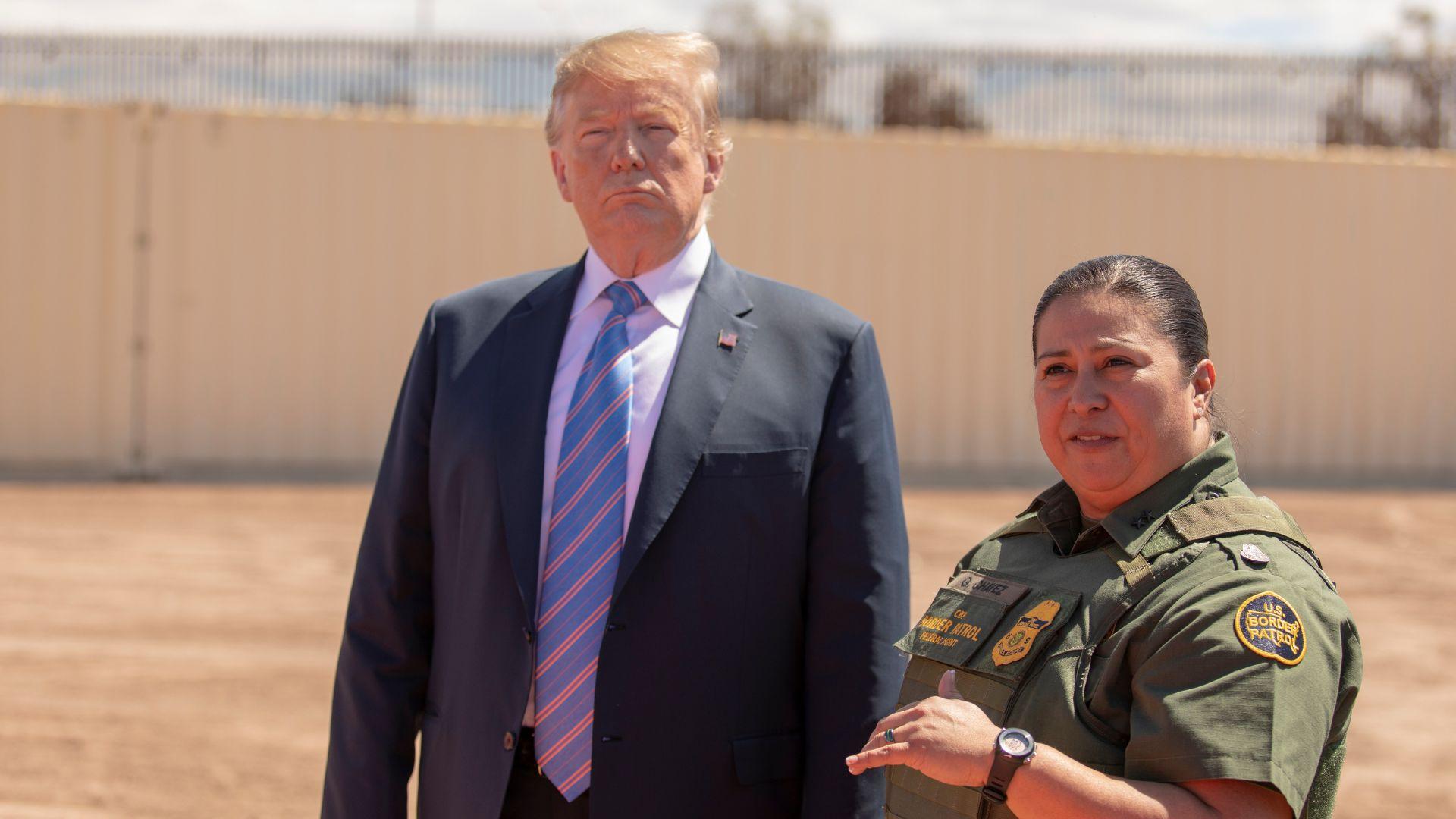
Eventually, in February of 2024, this led to Senate Republicans successfully blocking the bill from getting a test vote — even though they were the ones to originally demand the bill from the Democrats in the first place.
This sudden change in policy among Congressional Republicans occurred within just a week. Biden and Democrats were quick to blast the Republicans for putting politics and the election season ahead of border control. Republicans, in response, have claimed that the bill didn’t give them all that they wanted.
Trump’s Influence
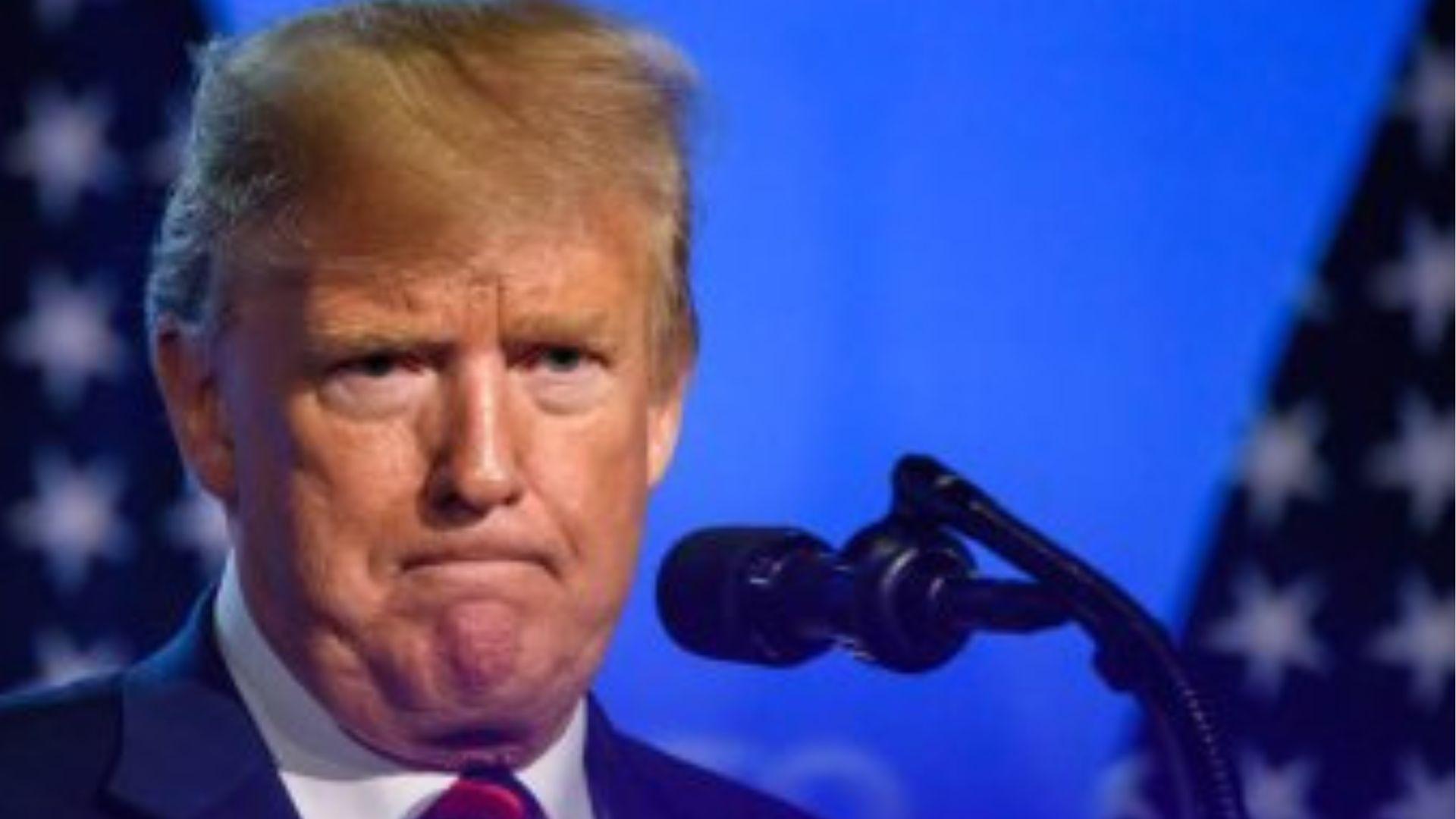
Former President Trump’s opposition to the bipartisan bill played a pivotal role in its downfall.
By urging Senate Republicans to reject the deal (via Reuters), Trump aimed to deny Biden a political victory, illustrating the significant impact of political considerations over policy substance in the immigration debate.
Biden Calls Out Republicans
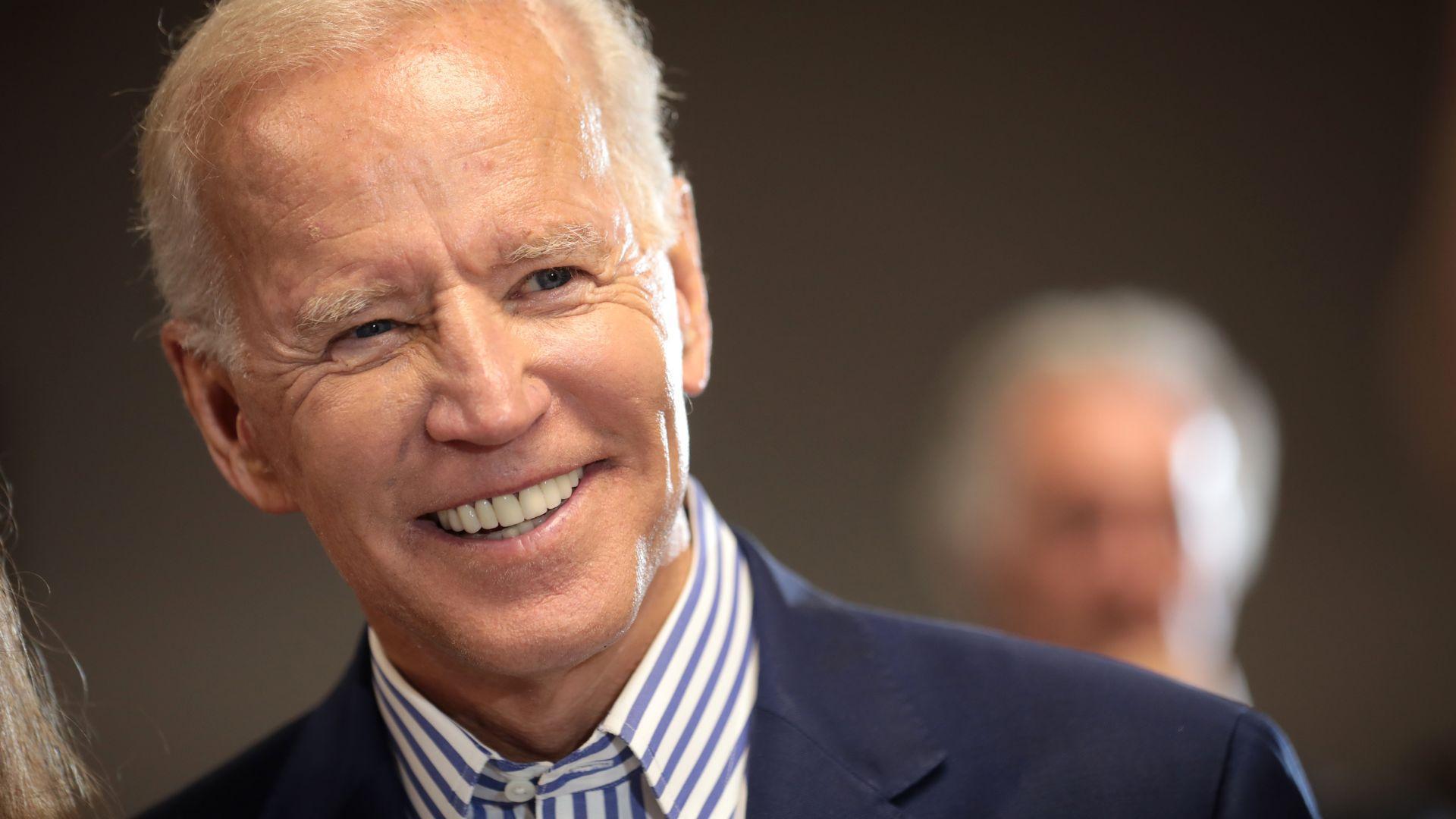
Since the border deal’s death, Biden has called out Republicans for caving to Trump on a matter they said they wanted resolved. Biden even went after conservatives during his State of the Union address.
Recently, Biden also invited Trump to work with him to convince Congress to pass the immigration deal they already worked on. He then said that Republicans in Congress needed to “show a little spine” and get this deal done.
Impact of the Blocked Bill

The blocking of the bipartisan bill led to a missed opportunity for significant reform. Without legislative action, the border remains a contentious issue, fueling ongoing crises and political standoffs.
The immediate consequences include continued challenges in managing border crossings and a polarized political environment.
A Change in Policy
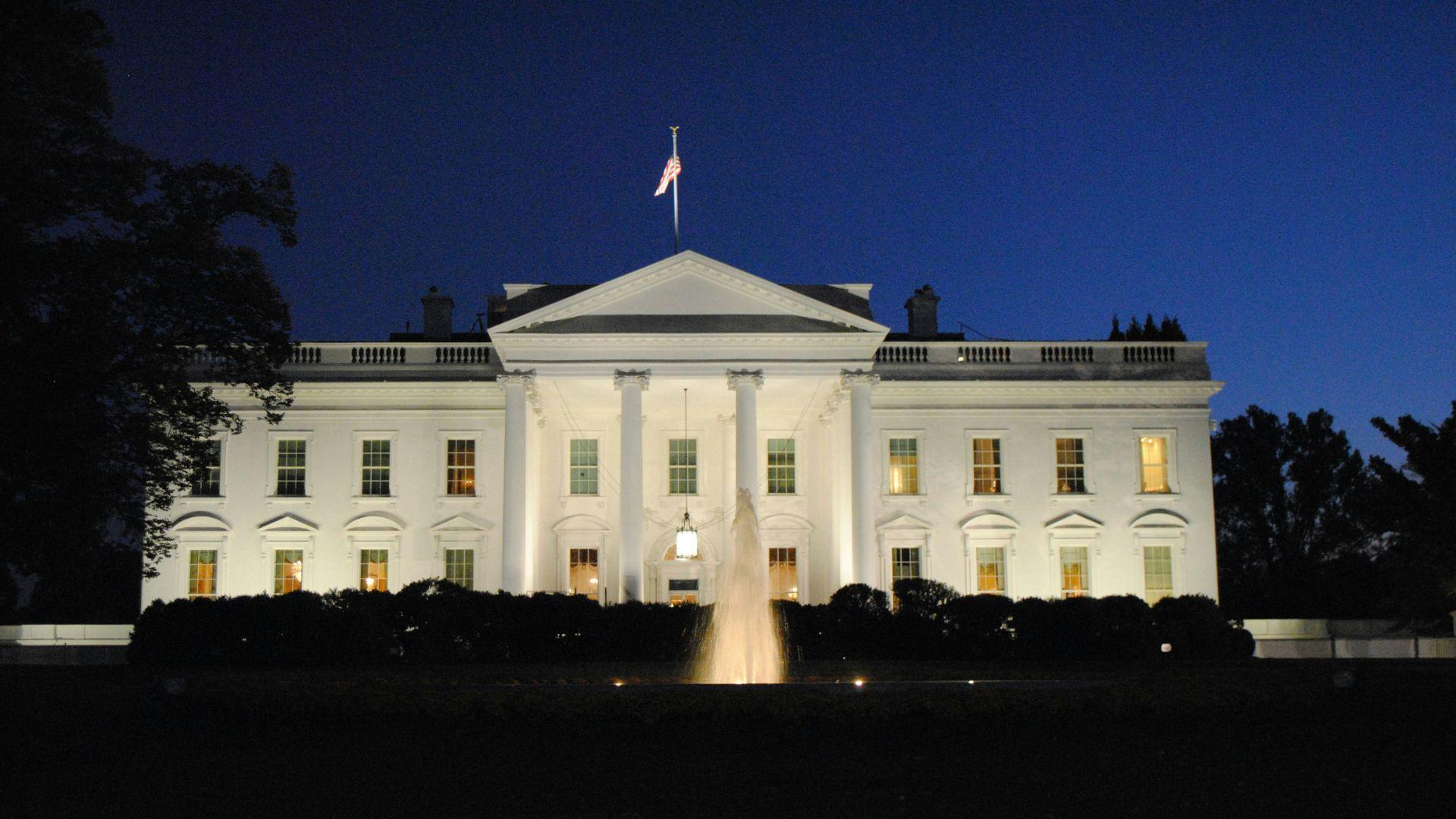
Now that it appears Republicans won’t pass the bipartisan deal, it seems there has been a change in the president’s policy. Before, he had pushed Congress to pass legislation on the border.
Now, however, reporting has suggested that Biden is looking to use executive actions — something he once was wary to use on the border — to get this issue dealt with.
Previous Considerations
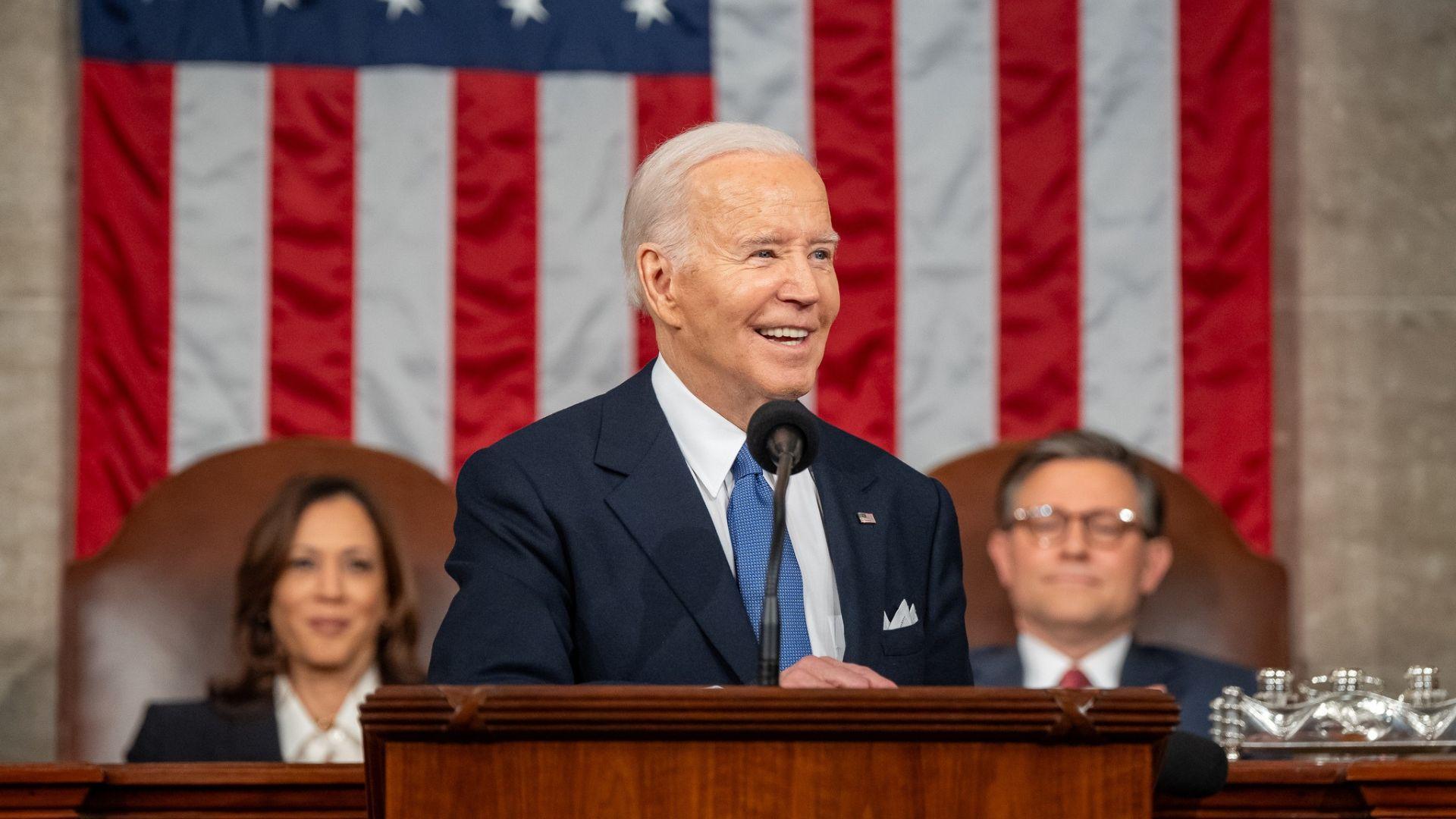
This isn’t the first time Biden has considered using presidential executive actions to try to solve the southern border crisis. Reports have revealed that the White House considered announcing some executive actions before or during Biden’s State of the Union address.
However, the Biden administration eventually decided to not go this route. At the time, it was thought that this idea was dead, just as the border deal was. Now, it appears this option isn’t.
Legal Considerations

The consideration of executive action on immigration brings legal complexities to the forefront.
Past attempts by presidents to use executive authority for significant immigration policy changes have often faced legal challenges (via NBC News), highlighting the uncertain path of unilateral executive measures in addressing the border crisis.
A Nuclear Option

The president may choose to use executive actions if there is a new surge of immigrant crossing numbers at the border. As crossings often rise in the spring and summer months, this could be when Biden passes these actions.
However, a Biden administration official has said this move is a “nuclear option.” Another explained that the president is ready to make this move. “The bullet’s in the chamber,” they said.
What These Actions Would Do
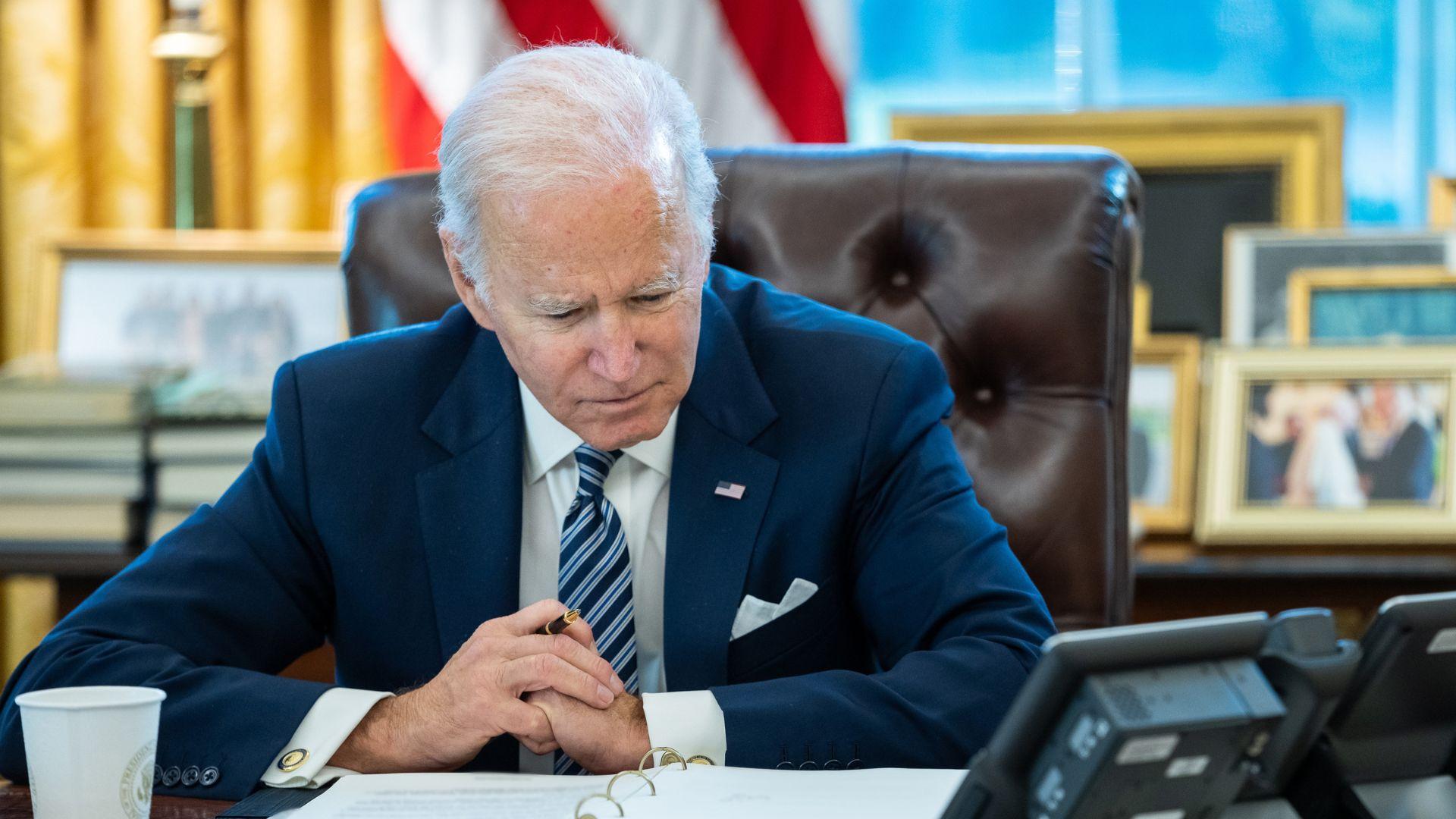
Reporting revealed that Biden’s executive actions would do a few different things. Some options could ban people from entering the country if they cross the border illegally.
Meanwhile, other executive actions could make it more difficult for immigrants to get asylum, as it would become harder to pass the first interview in this process.
Expert Opinions

Immigration experts are divided on the potential effectiveness of Biden’s proposed executive actions (via The Center for Migration Studies of New York).
Some argue they could provide temporary relief and order at the border, while others worry about legal sustainability and the precedent it sets for bypassing legislative processes.
Global Perspectives

The world is watching how the U.S. handles its border crisis.
Countries of origin for many migrants view Biden’s potential executive actions as indicative of the U.S.’s stance on asylum and immigration (via the Migration Policy Institute), affecting bilateral relations and the global discourse on migration.
Political Implications
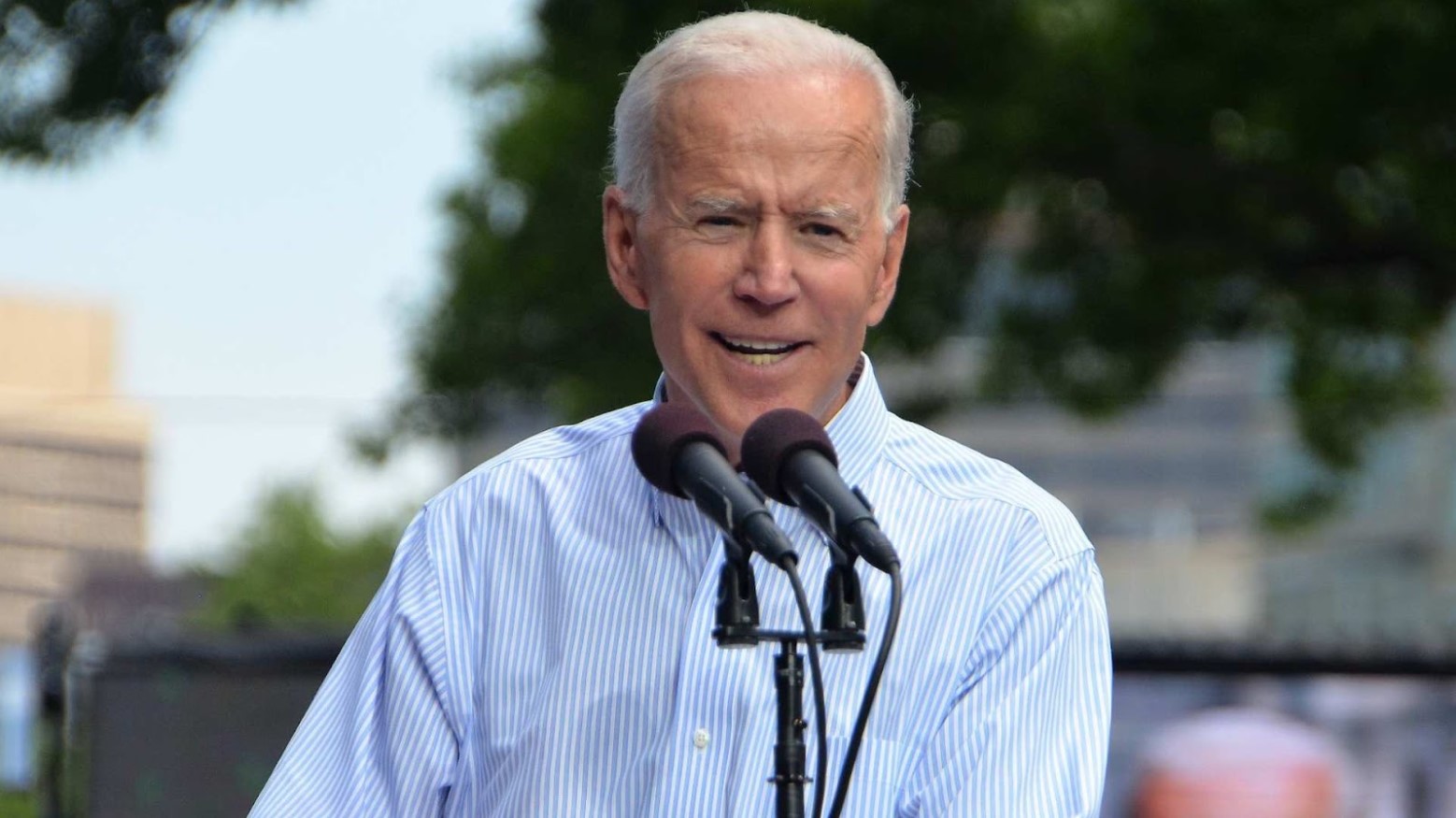
Biden’s consideration of the “nuclear option” could have significant ramifications for the 2024 elections.
It puts the immigration issue at the forefront, potentially mobilizing voters on both sides of the debate, and tests the administration’s ability to balance enforcement with humanitarian concerns.
A Risky Move
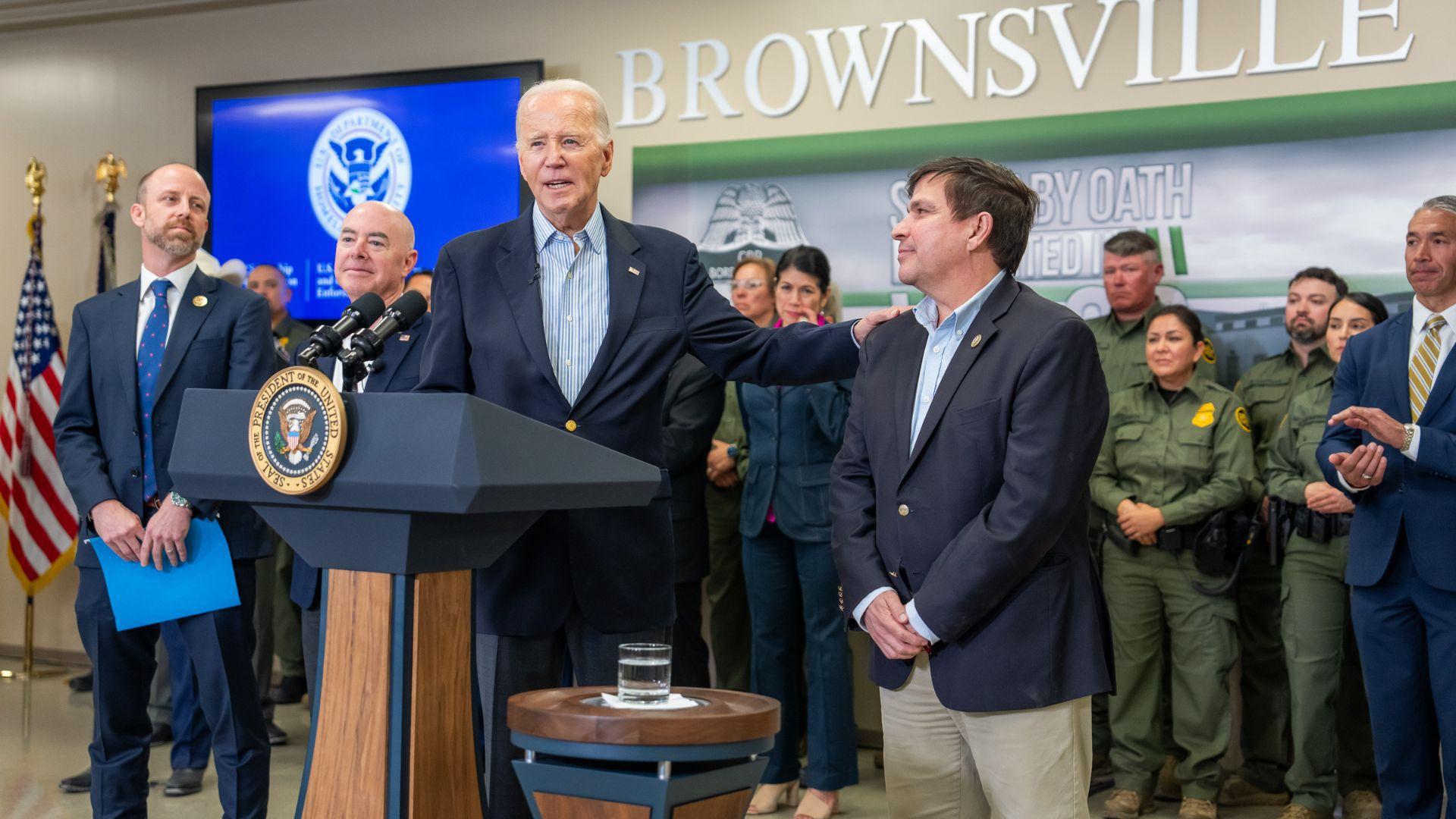
If Biden does indeed use executive actions that impact the southern border, this could result in many legal issues. As a result, these actions are often considered risky moves. This is one of the main reasons why the White House wanted Congress to pass the legislation.
To get this done, Biden would use section 212f of the U.S. code. The Trump administration also tried to do this — which resulted in the courts stepping in almost immediately.
Consequences
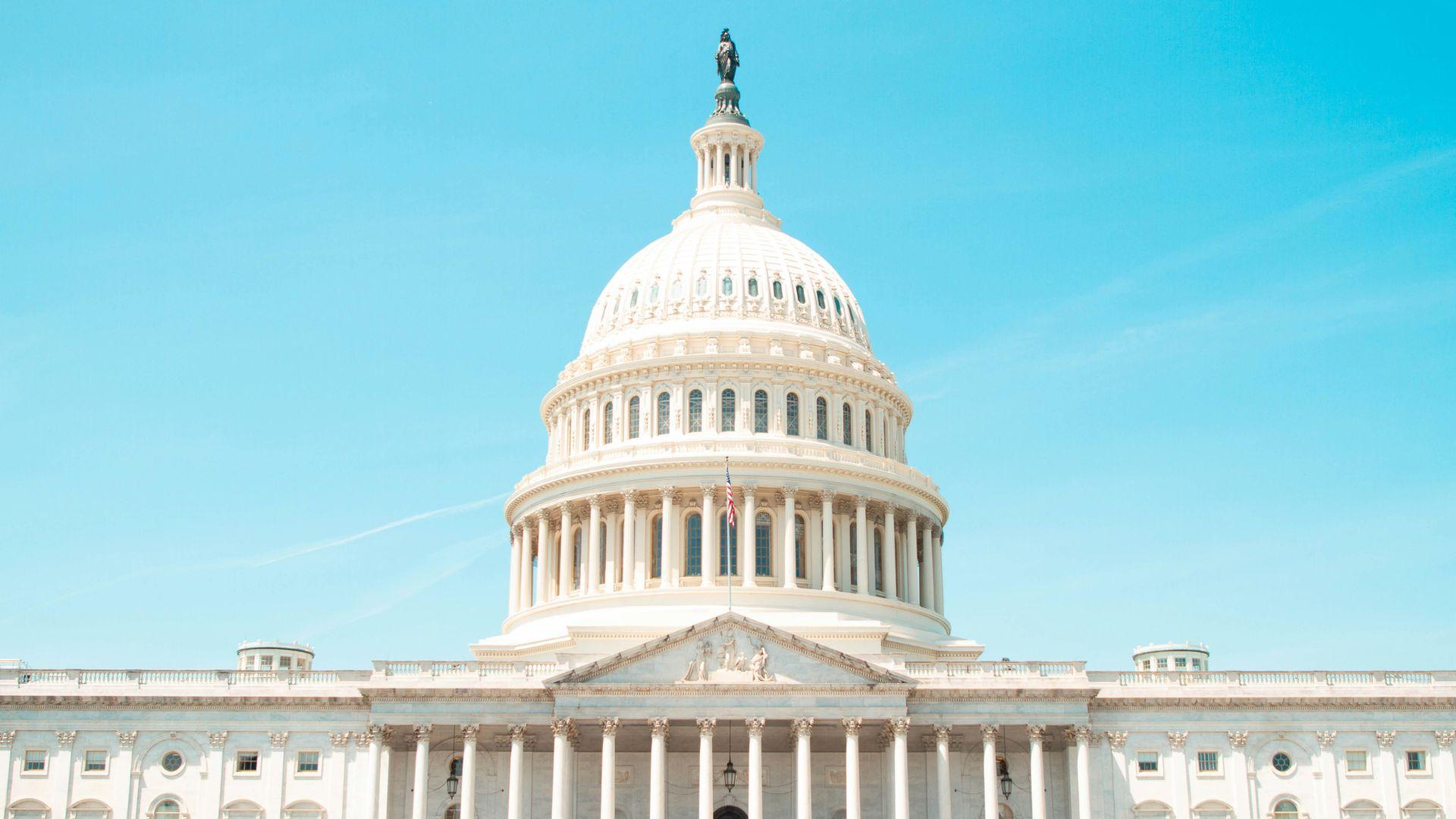
There is another reason why Biden may delay executive action use as much as possible. The move is sure to upset many Democrats who may not like the strict policies put on the southern border.
Even if Biden does this, he’ll likely still want Congress to act on more sturdy legal grounding. “No executive action, no matter how aggressive, can deliver the significant policy reforms and additional resources Congress can provide and that Republicans rejected,” a White House spokesperson explained.
Call to Action
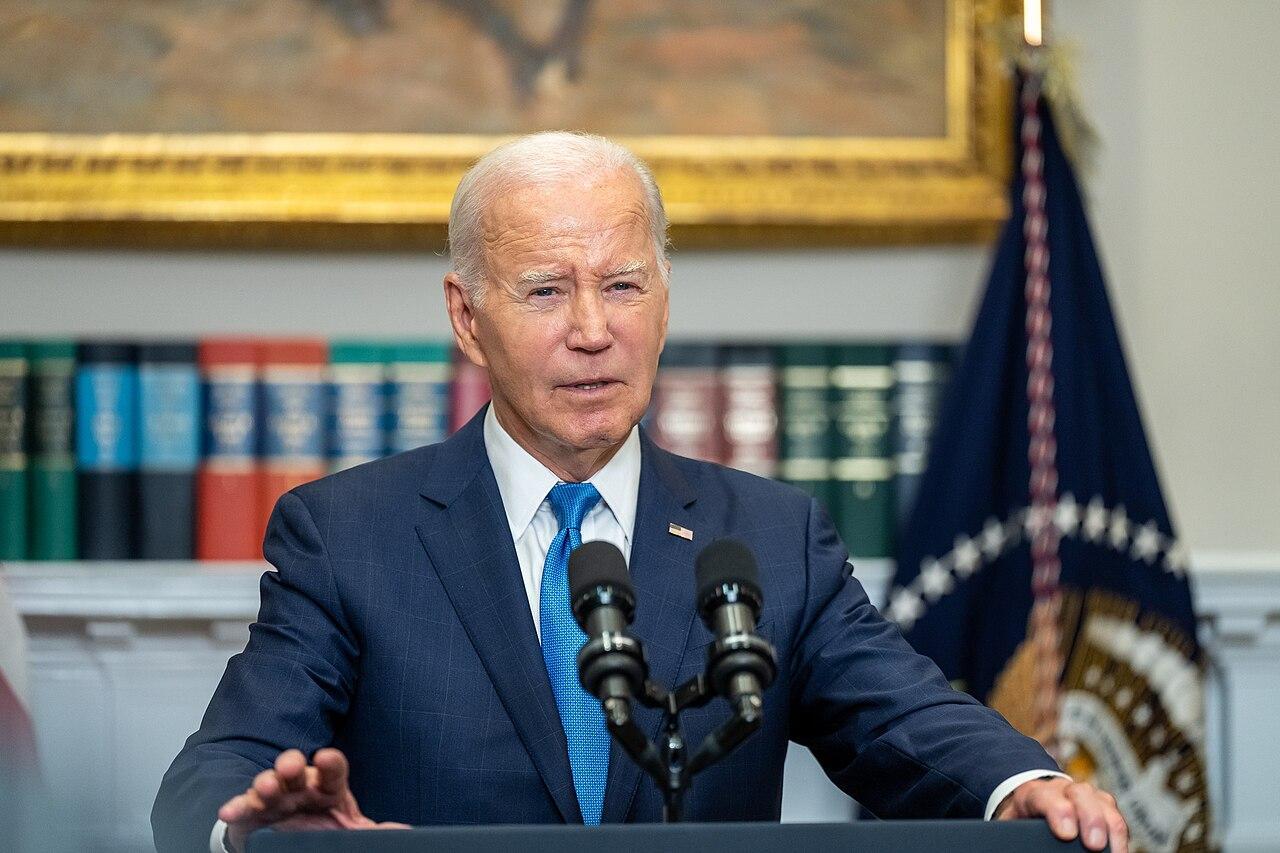
In light of the challenges and political deadlock, President Biden reiterates his continous call for bipartisan cooperation.
He emphasizes that while executive actions can address immediate issues, lasting reform requires legislative action, urging lawmakers to prioritize the nation’s needs over political gains.
Looking Ahead
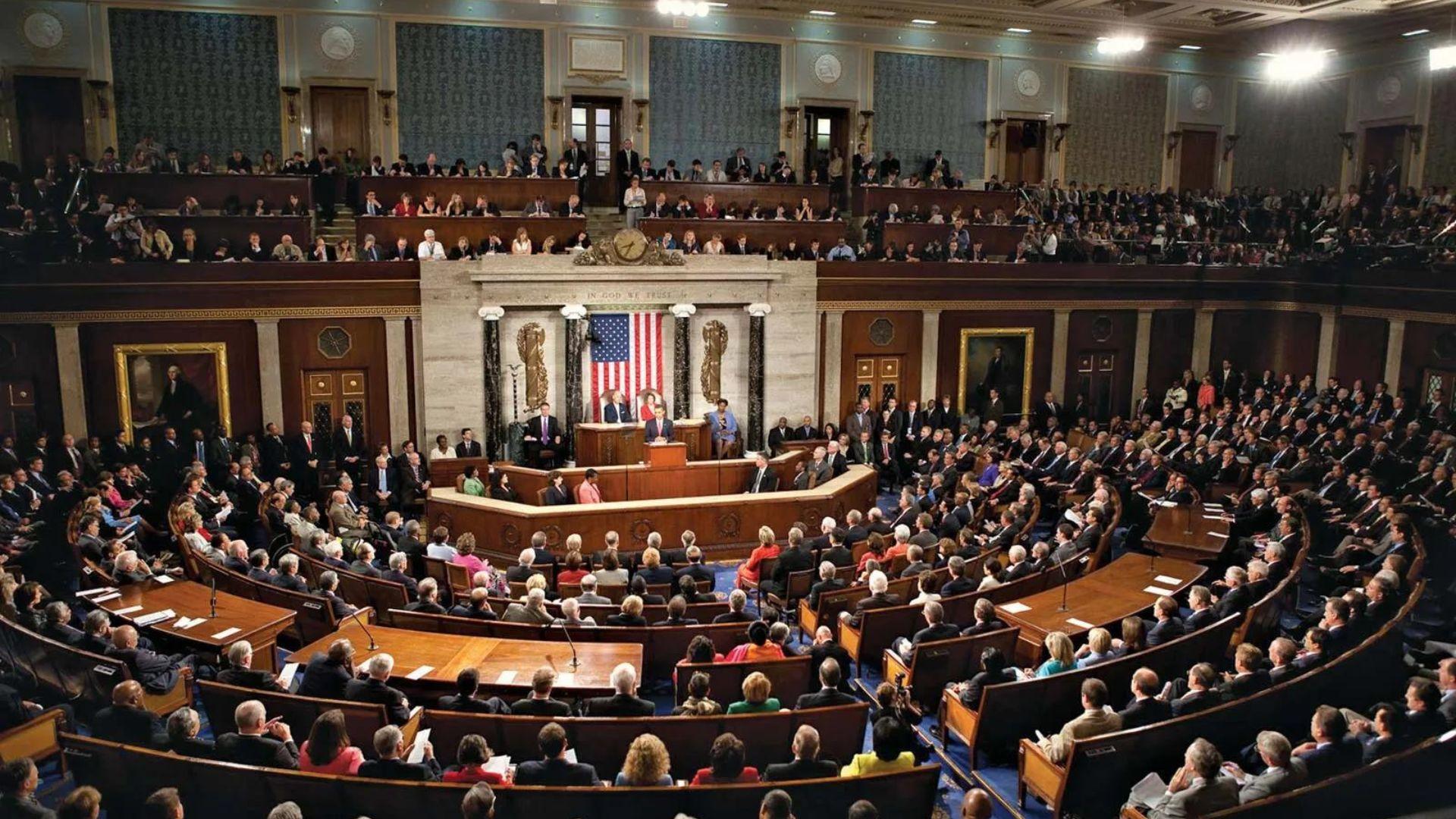
The consideration of executive action on immigration highlights the urgent need for comprehensive reform.
Looking ahead, the administration and Congress must work together to create sustainable solutions that address the root causes of migration, ensure border security, and uphold America’s values as a nation of immigrants.
